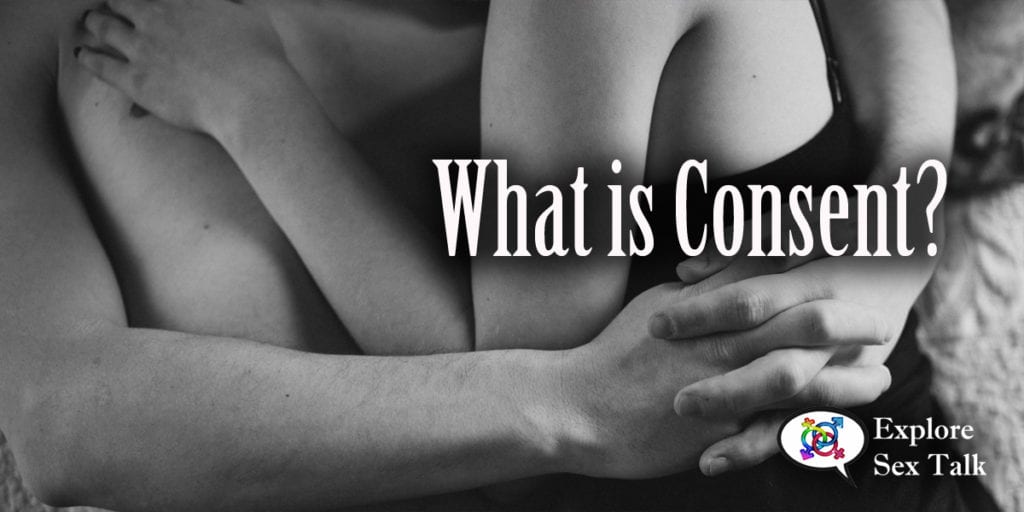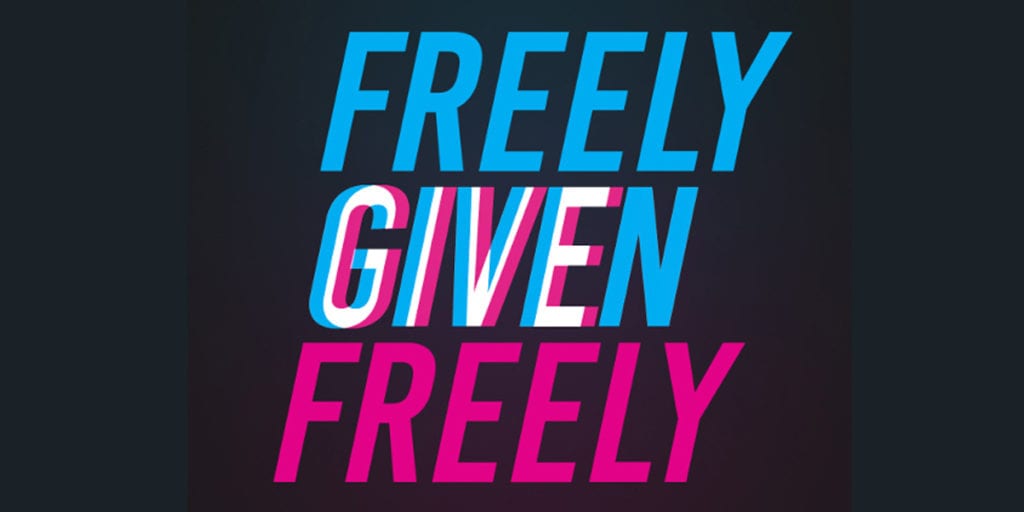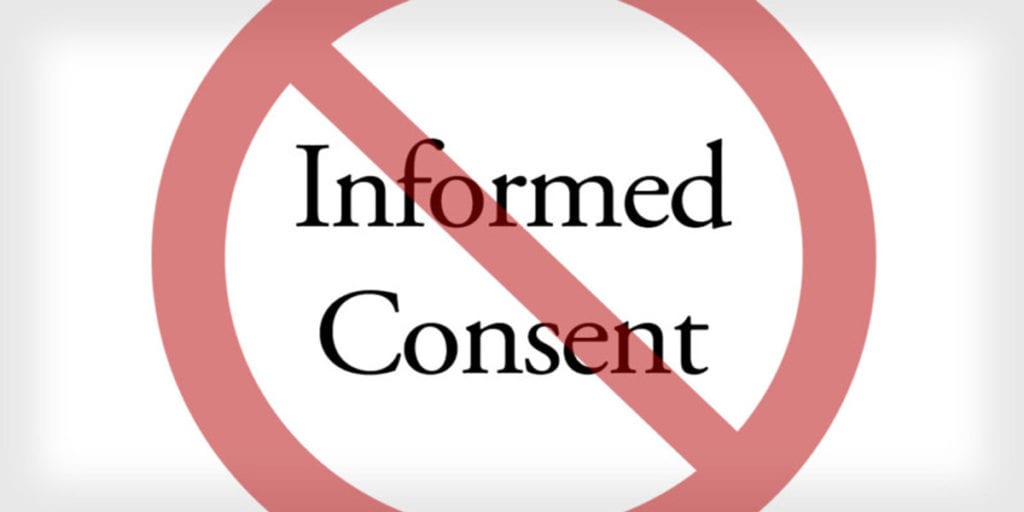Consent
Sexual consent is a huge and important topic. In the last year, we have talked more about consent than we ever have on a societal level. Thanks to the explosion of the #MeToo Movement, we are thinking much more critically about consent and how it should be applied in different situations. We are no longer […]
In the wake of a series of allegations that have been coming forward, Kamloops schools are looking at updating their policies and education around consent issues. There are been two young women who have come forward to report instances of being groped, kissed, or struck by boys at their school. After these events, parents are wondering what is being done.
When is it ok for consent to be withdrawn in a given situation? Is there a point of no return where a person must simply follow through? No matter who you speak to, everyone will have a different opinion about this aspect of consent. There are a lot of different opinions based on people’s experiences and their upbringing but the truth is that most people haven’t really learned about consent. Most people have not taken the time to learn about and explore the topic. They feel they have a good understanding just because they have a basic understanding. Research actually shows that most people aren’t able to correctly identify the finer points of consent. This is why it’s important we continue to have the discussions exploring the different aspects of consent. So when can consent be withdrawn?
When consent is a newer concept or conversation for you, it may feel awkward to start doing it. We don’t have a lot of good examples modeled to us of suave and sexy consent conversations. There is usually a whole lot of the opposite. Movies and TV often sell the idea of just taking action is sexier and more daring. This is a horrible and potentially dangerous idea. It is ideas like that which have led us to our current state of affairs where at least 1 in 4 women in Canada experience a sexual assault in their life. It is ideas like that which have created the need for social movements like the #MeToo Movement. Consent is incredibly important and it doesn’t have to feel awkward.
Choice is a crucial part of consent. That seems fairly straightforward and a total no-brainer. When we talk about consent, pretty much everyone would agree that consent should be freely given. It’s easy to talk about it when we look at the black and white definition. The trouble is that the world is never black and white. Many people can define the basics of what consent is, however, those same people struggle to articulate how it should be applied when given real-world situations. It’s not always clear-cut and there’s a lot of debate. So how do we know if consent is actually freely given?
Do you know why when consent needs to be informed? As conversations about consent continue to become more commonplace, more and more people are looking at sexual consent in new ways that they never have before. Consent is about more than just desire. We are constantly analyzing a number of factors, even subconsciously, to determine what our consent will be. Our answers may change based on the specifics of the situation or the person or people involved. Sometimes we consent to things and find out extra information after. This can be upsetting if we feel that information would have changed our choice before the activity. Being able to make an informed decision is an important piece of the consent process.
[vc_row][vc_column][vc_wp_search title=”Search our Site”][vc_widget_sidebar sidebar_id=”default”][/vc_column][/vc_row]






